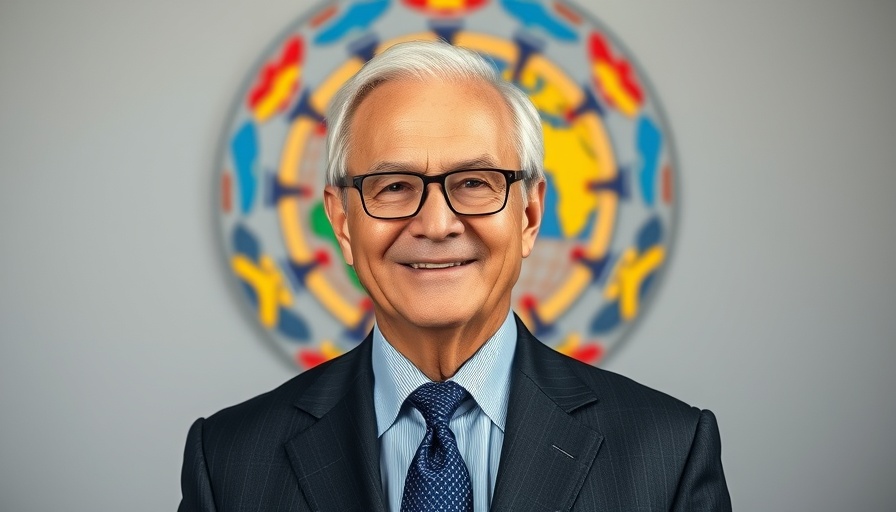
Envisioning Collective Progress in the Americas
As the Secretary General of the Organization of American States, Albert R. Ramdin underscores the urgent need for collaborative action among member states. His address at the 55th Regular Session in Antigua and Barbuda centers around the fundamental theme of "Building Resilient, Inclusive Economies in the Americas." This focus is particularly vital as nations navigate a landscape fraught with geopolitical tensions, economic instabilities, and the pressing call for social equity.
Addressing Today's Challenges
In his speech, Ramdin highlights the growing unpredictability of global dynamics and stresses that today's challenges cannot be viewed in isolation. Political unrest and economic disparities necessitate a united approach, ensuring that the wellbeing of citizens remains paramount. He emphasizes mental health as a key issue intersecting various pillars of development, advocating for initiatives that prioritize the complete spectrum of human experience in policy-making.
Strengthening Hemispheric Ties
The gathering in Antigua not only rekindles a 20-year gap of OAS meetings in the Caribbean but also symbolizes an opportunity for regional solidarity. Strengthening bonds among nations is intrinsic to cultivating resilience across economies. Here lies the chance to share resources and strategies that enrich collective prosperity.
Looking Ahead
As leaders delve into these crucial discussions, the commitment to inclusivity and sustainability should be a guiding principle. It reflects a shared ambition to uplift communities by creating economic structures that are not just robust but also equitable. Ramdin's call for renewed cooperation among member states embodies the hope that together we can overcome today’s challenges, paving the way for a prosperous future.
 Add Row
Add Row  Add
Add 




Write A Comment